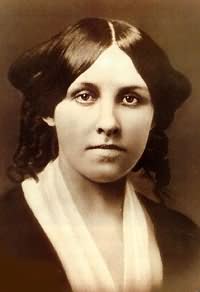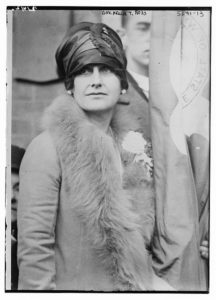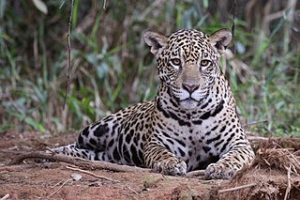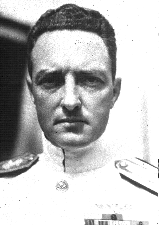
Louisa May Alcott
Louisa May Alcott (born Philadelphia, Pennsylvania, 1832; died Boston, Massachusetts, March 6, 1888) was a novelist. One of her most famous works is Little Women. Children can read her works at Project Gutenberg. Children can learn more at: Louisa May Alcott.
Christian Johann Doppler (born Salzburg, Austria, 1803; died Venice, Italy, March 17, 1853) was an Austrian physicist. He proposed the Doppler Effect. Children could learn more about the Doppler Effect regarding sound and actually set up experiments to verify Doppler’s findings by viewing: Doppler Effect.
Jon Klassen (born Winnipeg, Canada, 1981) writes and illustrates books for children. He received the 2013 Caldecott Medal for This Is Not My Hat and a 2013 Caldecott Honor Award for Extra Yarn. He earned a 2015 Caldecott Honor Award for Sam and Dave Dig a Hole.
Madeleine L’Engle (born New York, New York, 1918; died Litchfield, Connecticut, September 6, 2007) was a children’s author. She wrote over 60 books, including A Wrinkle in Time, which received the 1963 Newbery Medal. A Ring of Endless Light was a 1981 Newbery Honor Award winner. Children could visit a website devoted to her at: Madeleine L’Engle.
C. S. Lewis (born Clive Staples Lewis in Belfast, Ireland, 1898; died Oxford, England, November 22, 1963) was a writer and a professor of medieval literature. He wrote for both adults and children. His most famous work in children’s literature is a series of seven books, The Chronicles of Narnia. Children can learn more at: C. S. Lewis.

Nellie Tayloe Ross
Nellie Tayloe Ross (born Saint Joseph, Missouri, 1876; died Washington, DC, December 19, 1977) was the first woman governor of a state in the United States. After her husband, the governor of Wyoming, died, she completed his term. Then she campaigned and won her term. She was not reelected, but she became director of the United States Mint in 1933. She remained at that post for twenty years. Children could learn more at: Nellie Tayloe Ross.
Charles Thomson (born Machera, County Derry, Ireland, 1729; died Lower Merion, Pennsylvania, August 16, 1824) was secretary for the First  Continental Congress. He was secretary as the colonial representatives drafted and voted on the Declaration of Independence. Many historians believe that only John Hancock and he signed the Declaration of Independence on July 4, 1776. He recorded government proceedings for the next fifteen years and collected thousands of documents. He gave all the records to the government in 1789.
Continental Congress. He was secretary as the colonial representatives drafted and voted on the Declaration of Independence. Many historians believe that only John Hancock and he signed the Declaration of Independence on July 4, 1776. He recorded government proceedings for the next fifteen years and collected thousands of documents. He gave all the records to the government in 1789.




 Continental Congress. He was secretary as the colonial representatives drafted and voted on the Declaration of Independence. Many historians believe that only John Hancock and he signed the Declaration of Independence on July 4, 1776. He recorded government proceedings for the next fifteen years and collected thousands of documents. He gave all the records to the government in 1789.
Continental Congress. He was secretary as the colonial representatives drafted and voted on the Declaration of Independence. Many historians believe that only John Hancock and he signed the Declaration of Independence on July 4, 1776. He recorded government proceedings for the next fifteen years and collected thousands of documents. He gave all the records to the government in 1789.